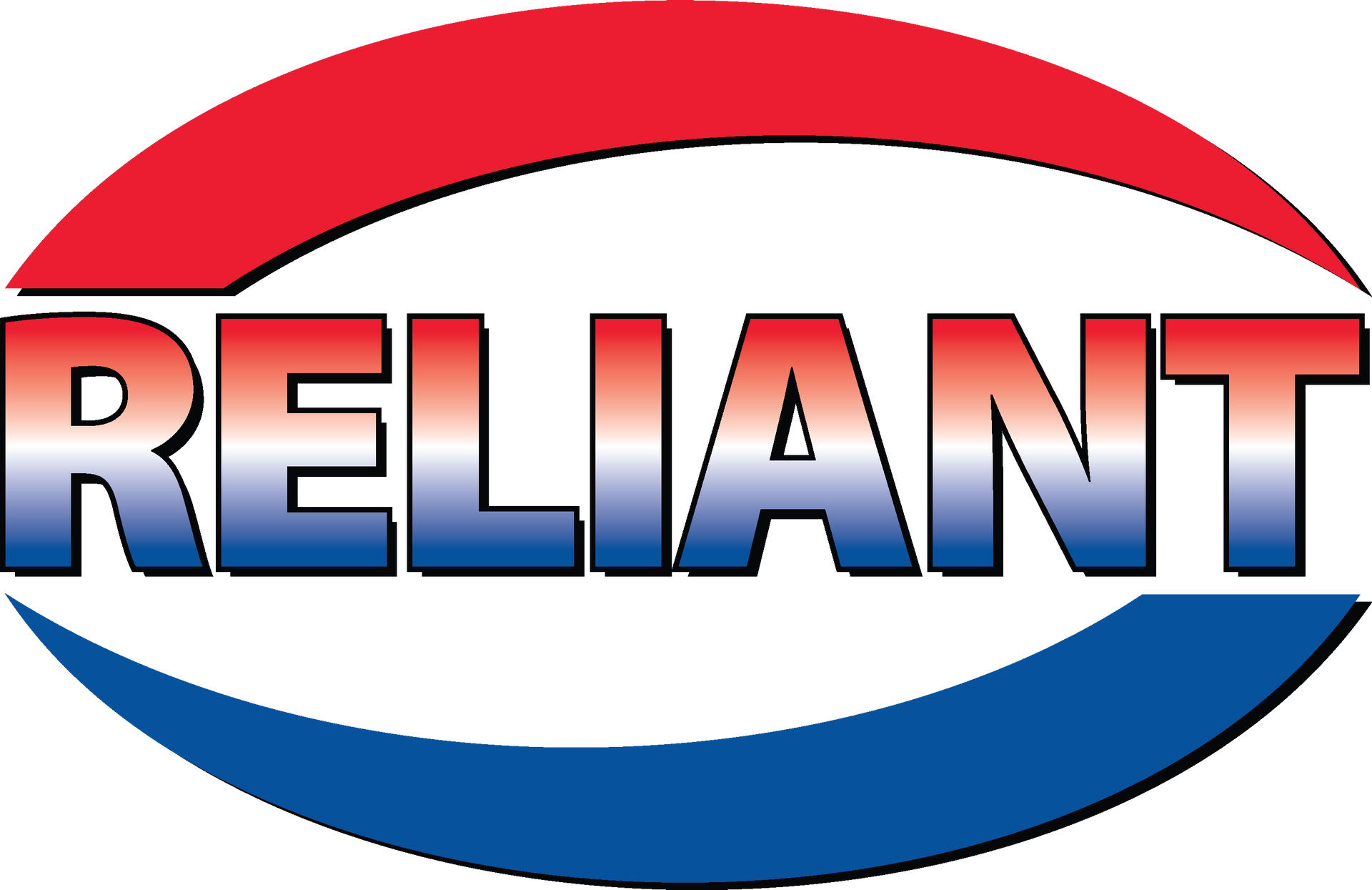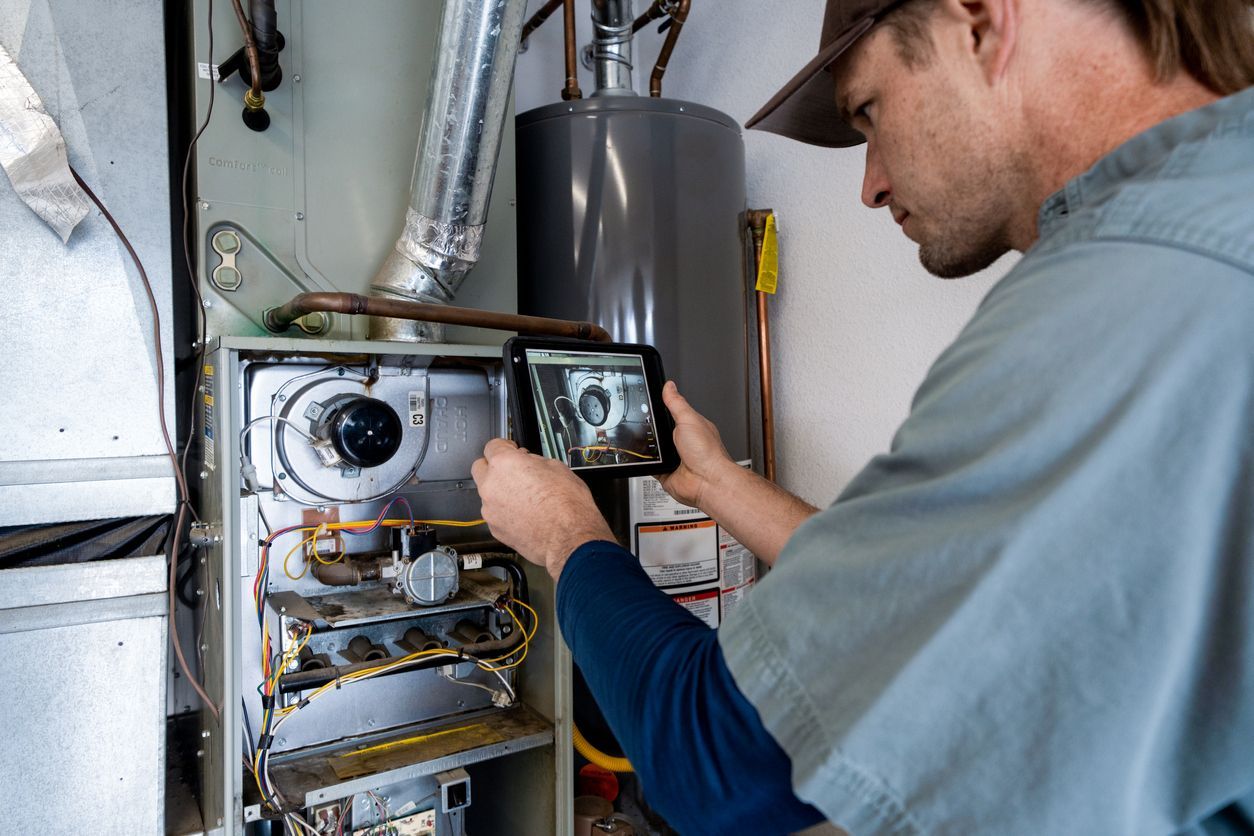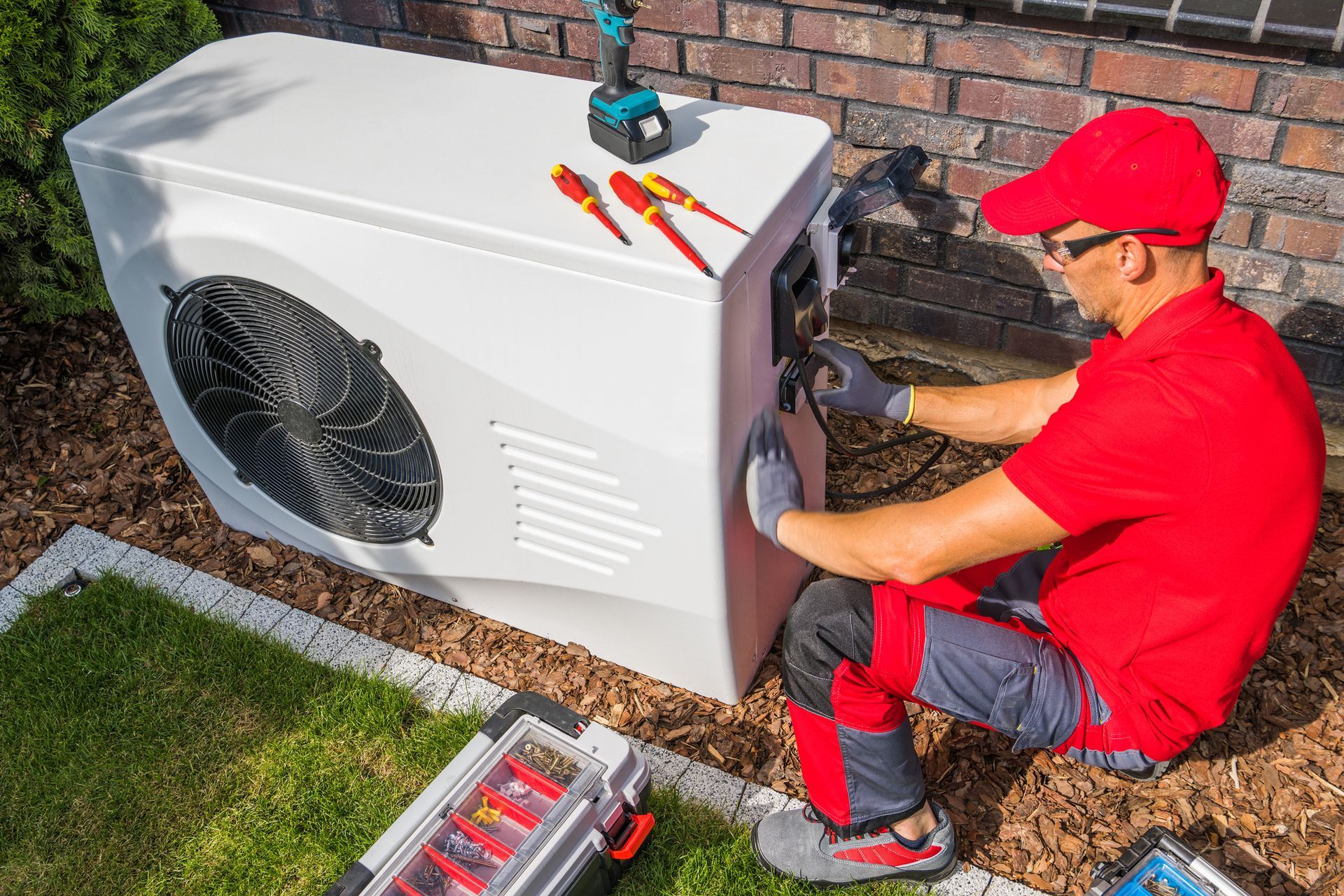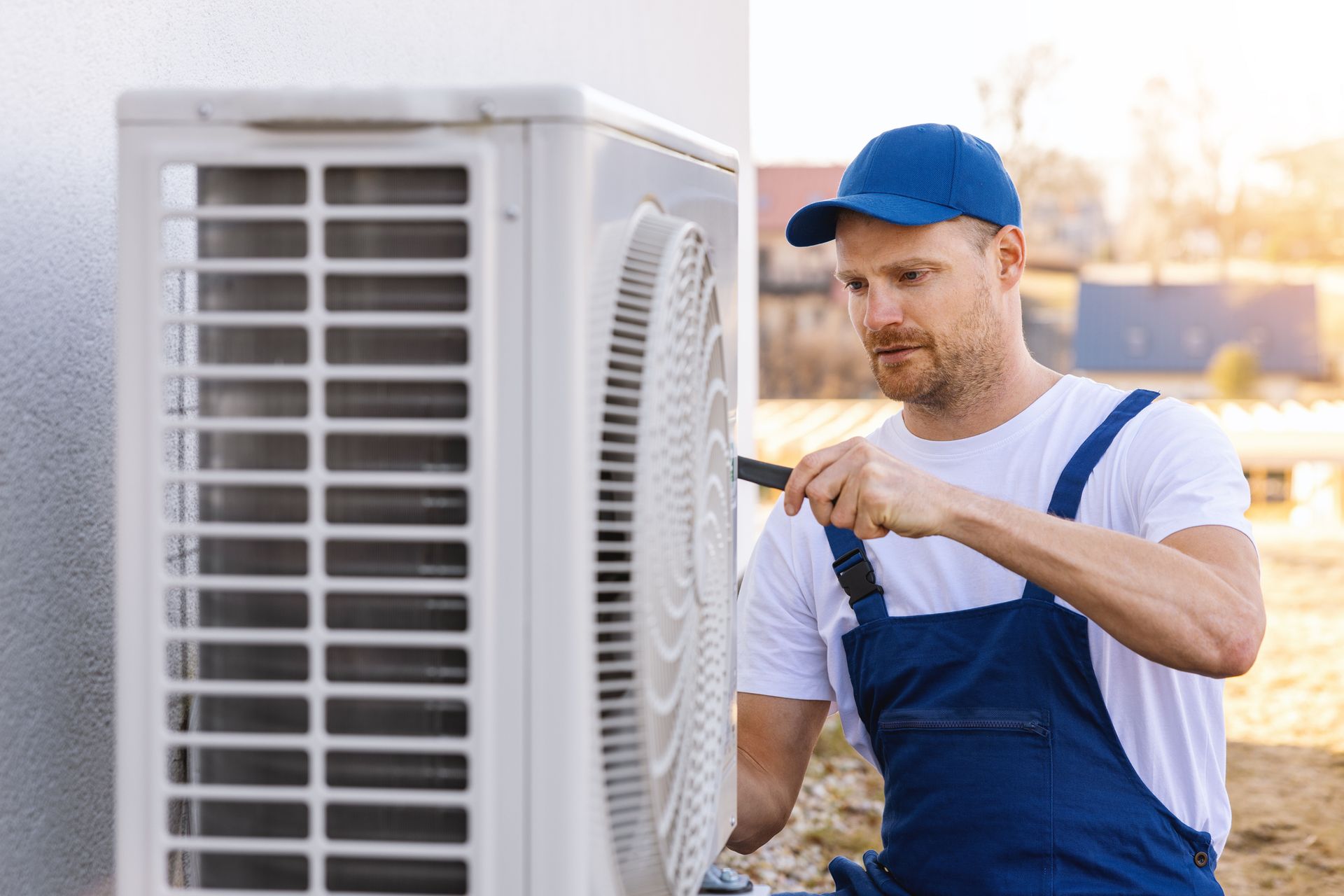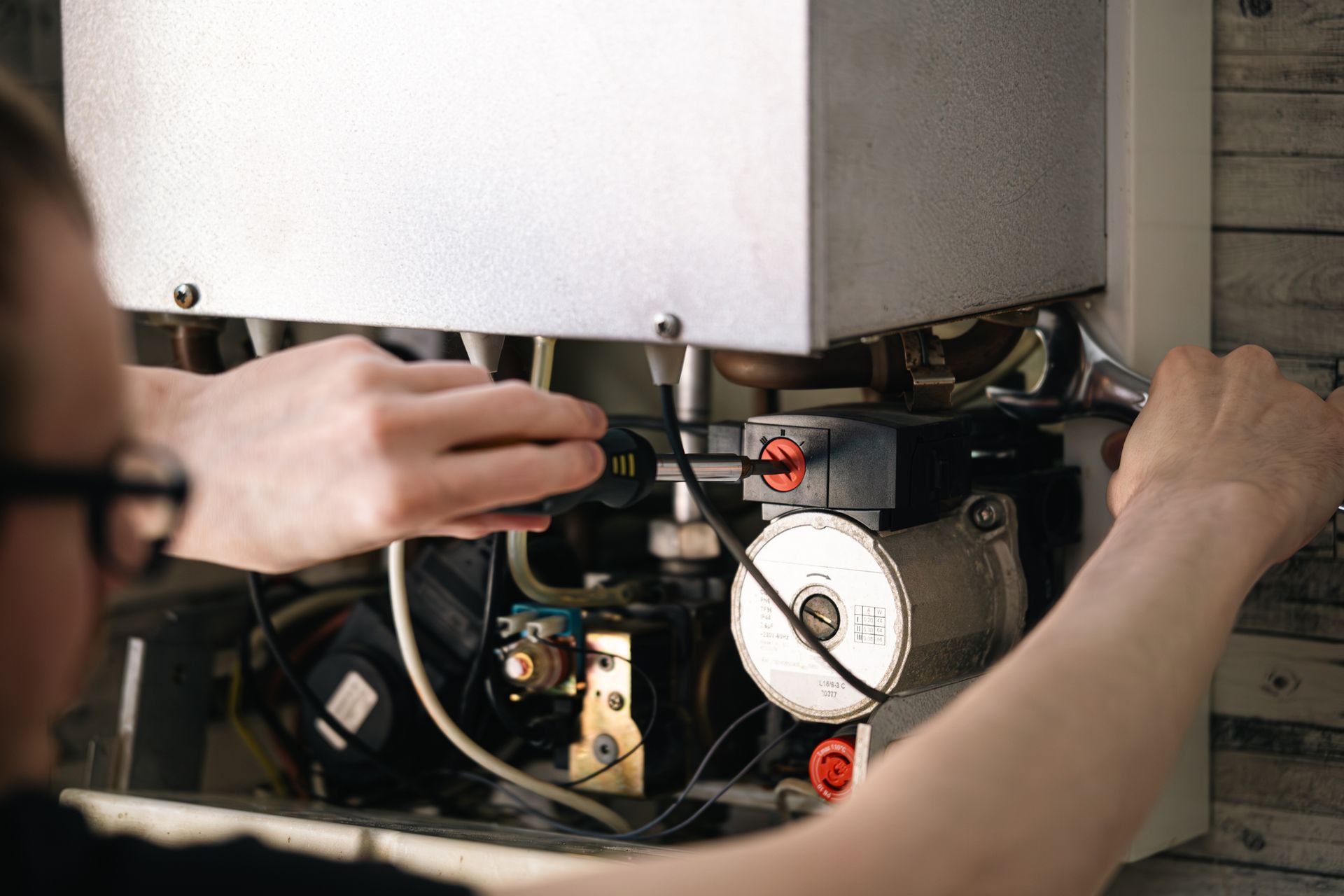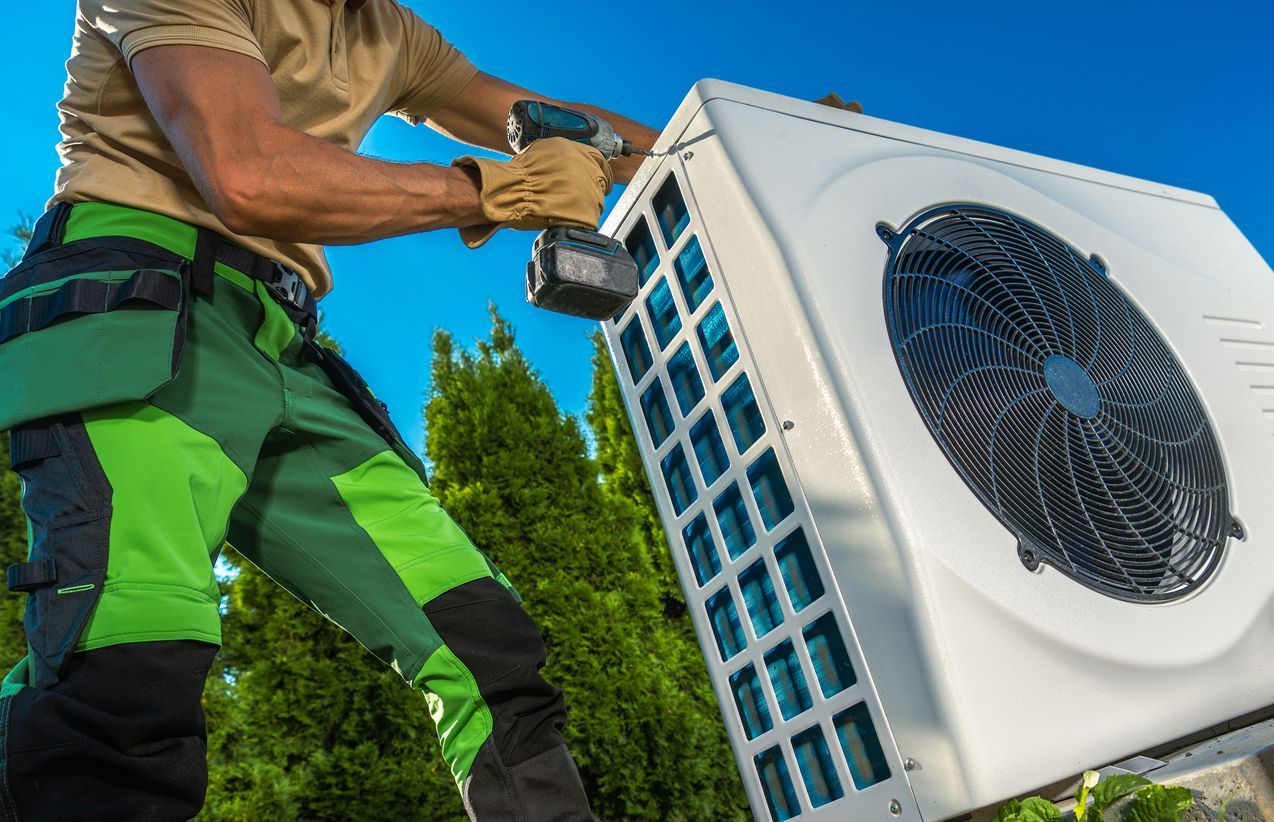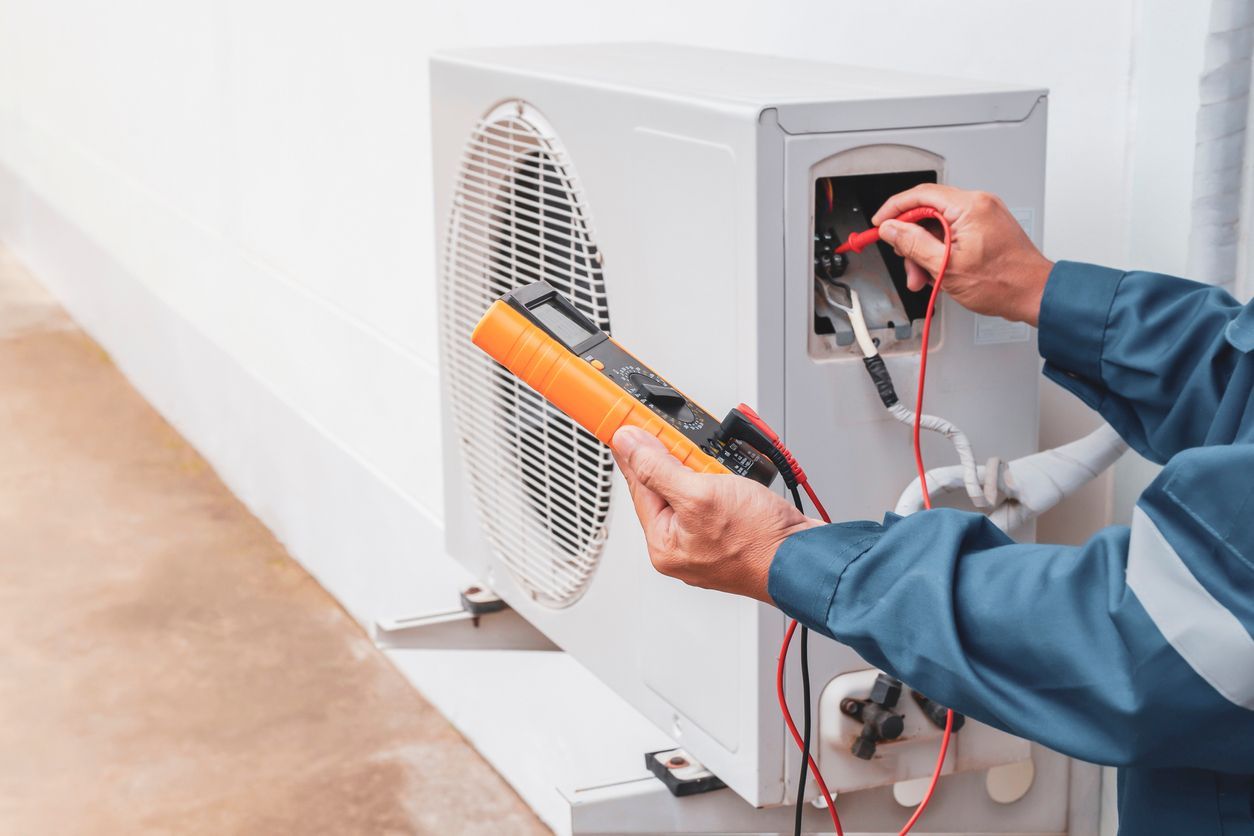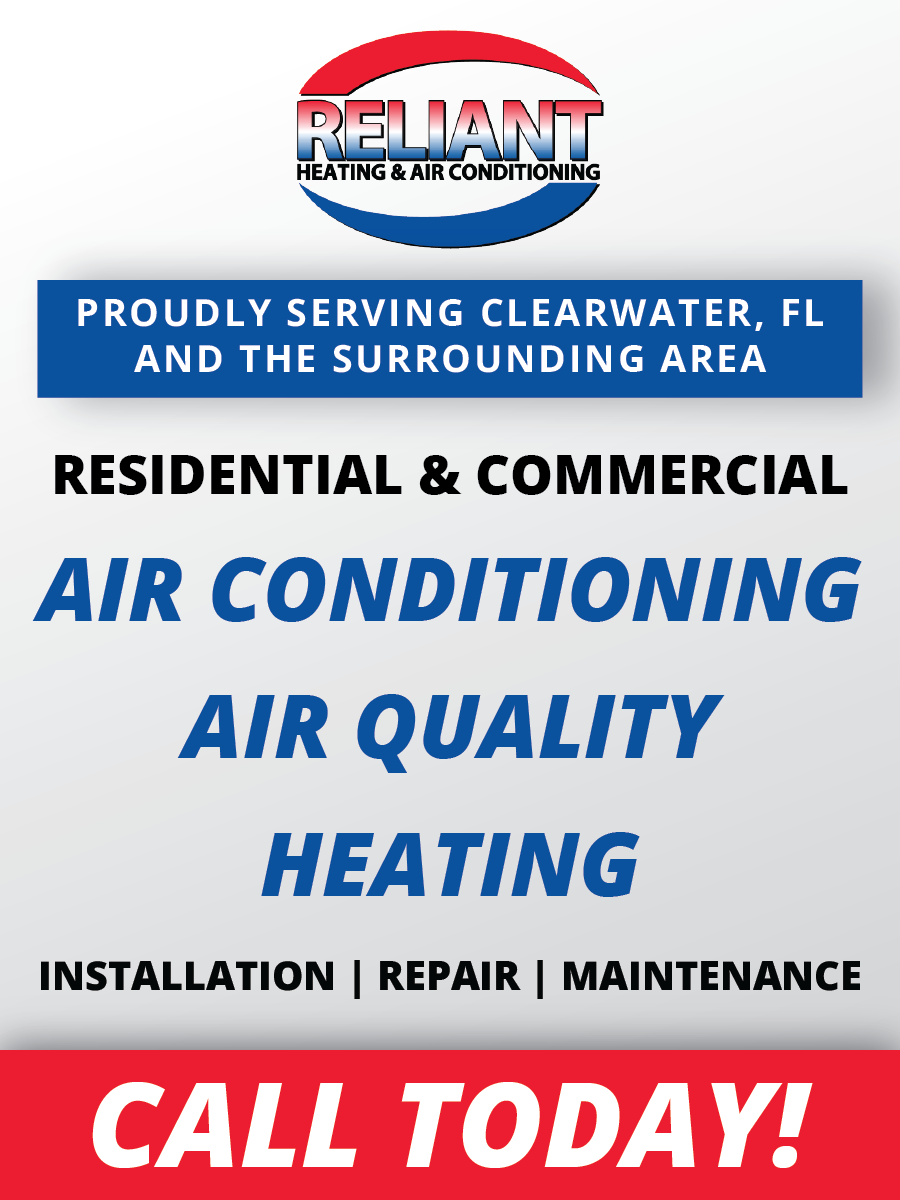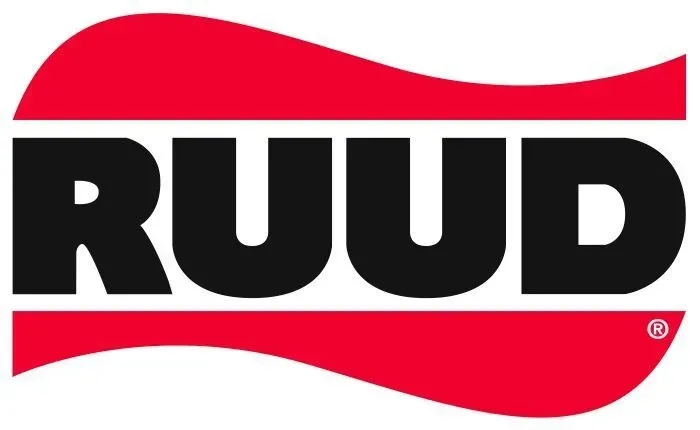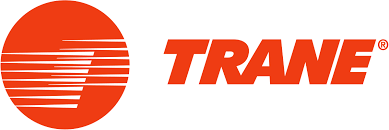In Florida, homeowners rely on their HVAC systems to keep their homes comfortable, especially after a severe weather event like a hurricane. After the recent storm, many residents may find that their heating and cooling systems are not performing as they should. While some issues can be solved with simple DIY troubleshooting, others may require the expertise of a professional. In this blog, we’ll explore common HVAC problems that can arise, how to troubleshoot them, and when it’s best to call in the experts at Reliant Heating and Air Conditioning.
1. System Not Turning On
After a hurricane, power outages and electrical surges are common and can affect your HVAC system’s ability to turn on.
DIY Troubleshooting:
- Check the Thermostat: Ensure that your thermostat is set to the correct mode (cooling or heating) and that the temperature is set properly. Sometimes, thermostat settings may get reset during power outages.
- Reset the Circuit Breaker: Hurricanes can cause power surges that trip your breaker. Check your electrical panel and reset the breaker if necessary.
- Inspect the Power Switch: Make sure the power switch near your outdoor unit is turned on. This switch can sometimes be turned off during storm clean-up.
When to Call a Professional:
If resetting the breaker or checking the thermostat doesn’t solve the issue, you may have more serious electrical damage. In this case, it’s best to call a professional technician to inspect the system for wiring or electrical component issues, which can pose safety risks if handled improperly.
2. Weak or No Airflow
If your system is running but the airflow is weak, or if there’s no air coming out at all, this could indicate a problem with your system’s components.
DIY Troubleshooting:
- Change the Air Filter: Clogged air filters are a common cause of reduced airflow. If you haven’t changed your filter recently, it may be obstructing airflow. Replace the filter and see if that improves performance.
- Check for Blockages: After a hurricane, debris can collect around your outdoor unit. Check the unit for leaves, branches, or other obstructions that may be blocking airflow.
When to Call a Professional:
If replacing the air filter and clearing debris doesn’t resolve the issue, there may be a problem with your blower motor, ductwork, or refrigerant levels. These issues require professional assessment and repair to avoid further damage to the system.
3. Strange Noises Coming from the Unit
Unusual noises, such as banging, rattling, or squealing, are often signs of mechanical issues within your HVAC system.
DIY Troubleshooting:
- Check for Loose Parts: If your system was exposed to heavy winds or flooding, screws or panels may have come loose. Secure any visibly loose parts.
- Clear Debris: Outdoor debris lodged in the fan or compressor can cause rattling sounds. Turn off the unit and carefully remove any debris you find.
When to Call a Professional:
If the noises persist, it’s important to have a professional inspect the unit. Strange sounds could indicate problems with the compressor, fan motor, or other internal components. Continuing to run the system could cause further damage or lead to more costly repairs.
4. Unpleasant Odors
Musty or burning odors coming from your HVAC system after a hurricane can be concerning.
DIY Troubleshooting:
- Check the Air Filter: A dirty or wet filter can cause musty smells. Replace the filter to see if this resolves the issue.
- Inspect for Mold: High humidity and moisture from storms can cause mold to grow inside your HVAC system or ductwork. Visually inspect the area around the vents for signs of mold growth.
When to Call a Professional:
If the unpleasant odors persist, especially if there is a burning smell, turn off the system immediately and contact a professional. Mold inside the ductwork or system can cause health issues, and a burning smell could indicate an electrical problem or overheating components.
5. Refrigerant Leaks
A lack of cooling or an increase in energy bills after a hurricane could indicate a refrigerant leak, which is a more complex issue to resolve.
DIY Troubleshooting:
There are no safe DIY fixes for refrigerant leaks, as they require specific tools and refrigerants that only licensed HVAC professionals can handle.
When to Call a Professional:
If you suspect a refrigerant leak—evidenced by your system blowing warm air or icing on the evaporator coils—contact a professional technician. Refrigerant leaks not only reduce your system’s efficiency but can also be harmful to the environment and your health.
6. Flooding and Water Damage
In the wake of a hurricane, your HVAC system could be exposed to flooding, which can cause extensive damage to the unit’s electrical components.
When to Call a Professional:
If your outdoor unit was submerged or there’s water damage to the indoor system, do not attempt to turn on the unit. Water and electricity are a dangerous combination, and attempting DIY fixes could result in injury or further damage. Have a professional technician inspect the system to determine if it’s salvageable or if parts need to be replaced.
Conclusion
While some common HVAC problems can be addressed with simple DIY troubleshooting, others require the expertise of a professional. In the aftermath of a hurricane, it’s especially important to be cautious and not risk further damage or safety hazards by attempting repairs yourself. At Reliant Heating and Air Conditioning, we’re here to help homeowners with all of their HVAC needs, from minor fixes to major repairs. If your system has been impacted by the recent storm, don’t hesitate to contact us for professional service and peace of mind.
Stay safe, and remember, your comfort is our priority.
